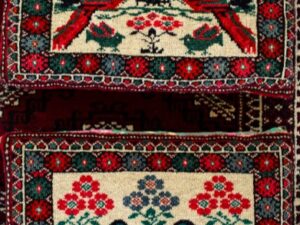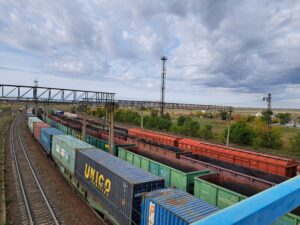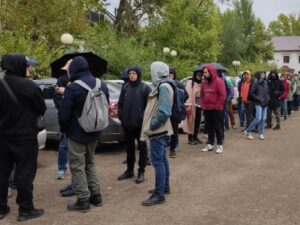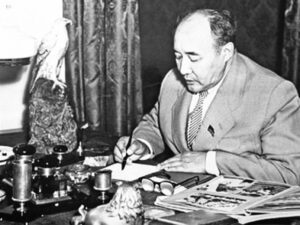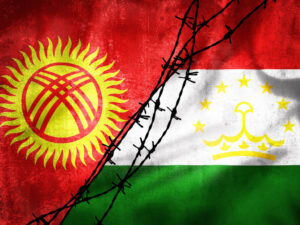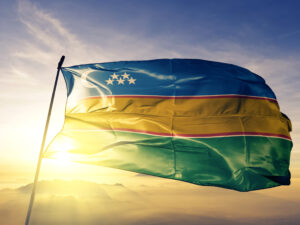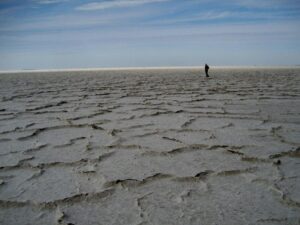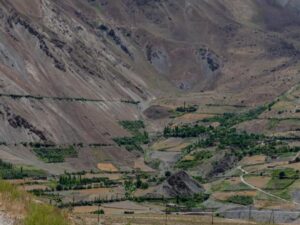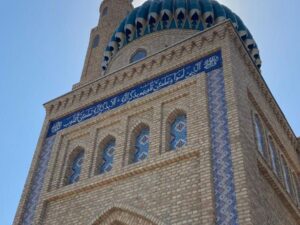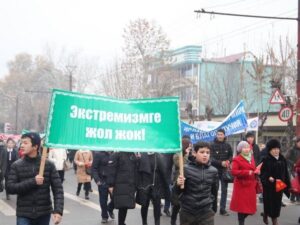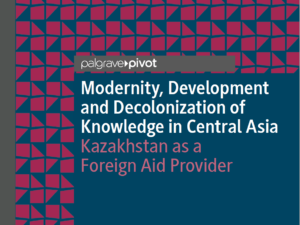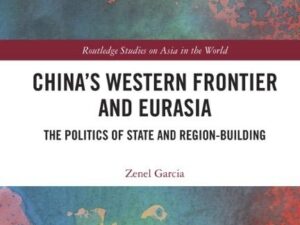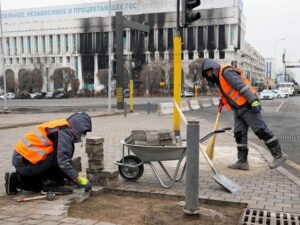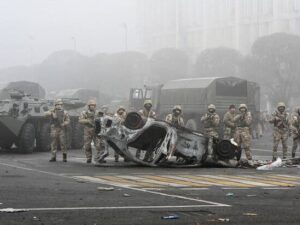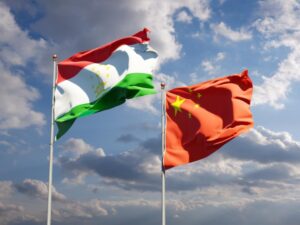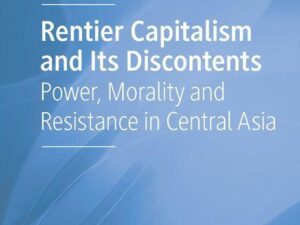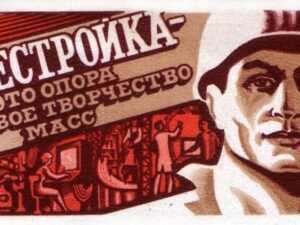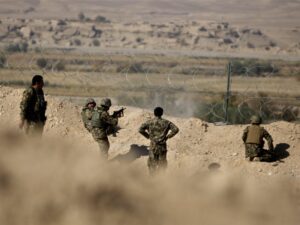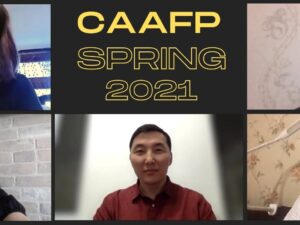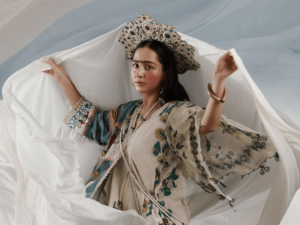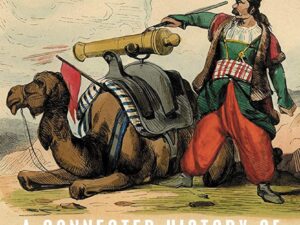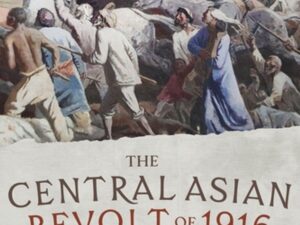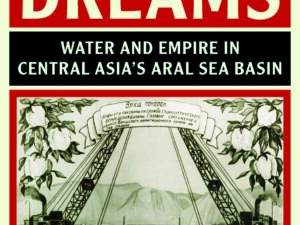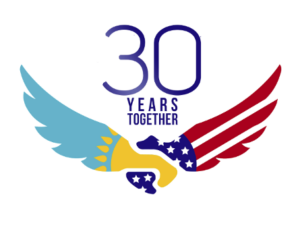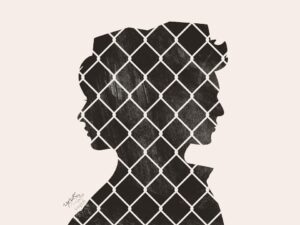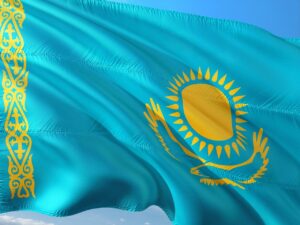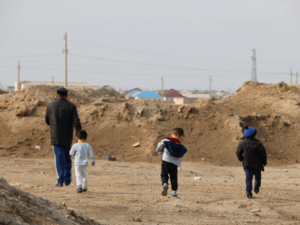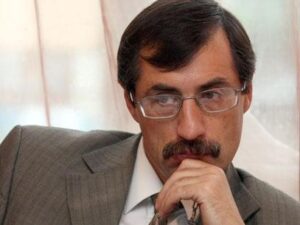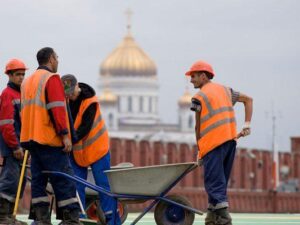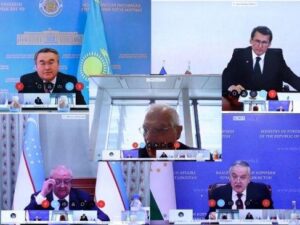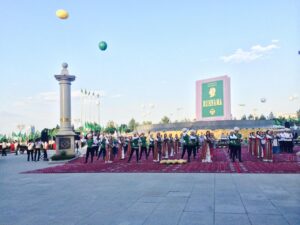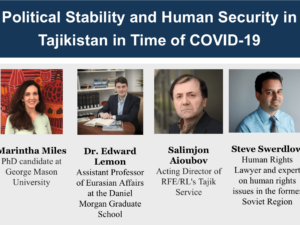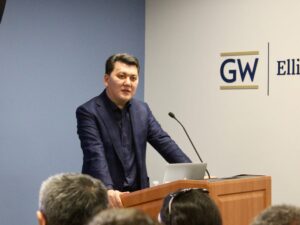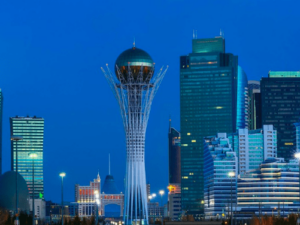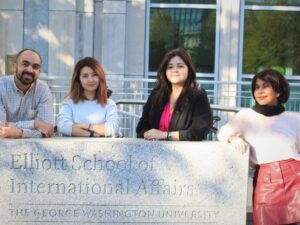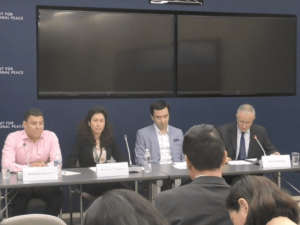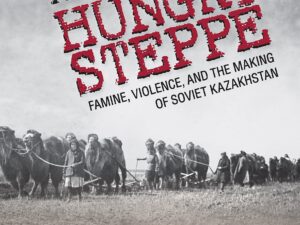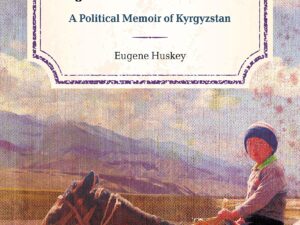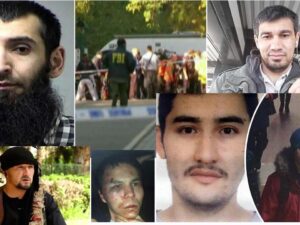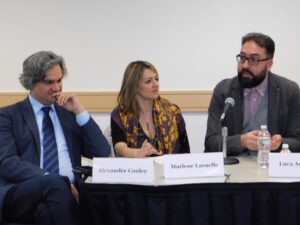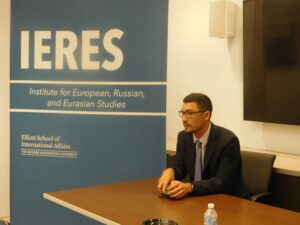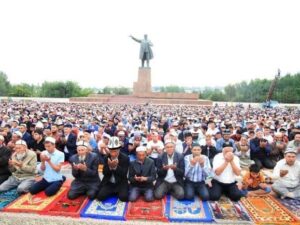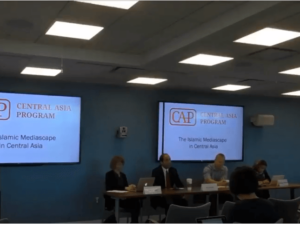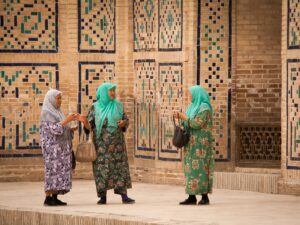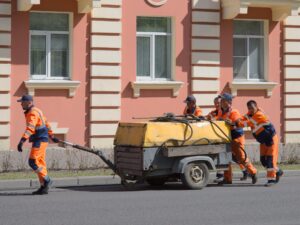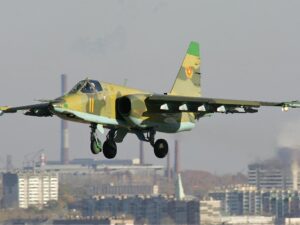
- This event has passed.
First International Conference on Uyghur Studies – History, Culture, and Society
25 September, 2014 @ 12:00 AM - 28 September, 2014 @ 12:00 AM

The Uyghurs are one of the ten most populous stateless nations in the world. While they have a long history of cultural accomplishments and political influences, they have remained marginal in international scholarship given their ambiguous position both in regional studies and in geopolitics. Nonetheless, given their contribution to global and regional historical and cultural processes, there has developed a transnational community of scholars whose research is focused on the Uyghur people’s history, culture, society. This conference is the first attempt to bring together a broad spectrum of this international community of scholars, drawing from the academic communities of the Americas, Russia, Turkey, and elsewhere in Europe and Asia. Hopefully, it will serve as a basis for future transnational collaboration on the history, culture, and society of Uyghurs throughout the world.
Thursday, September 25, 2014, Lindner Commons, 6th floor
9:00-10:00am Opening
10:00-11:00am Session 1: The Policy Debate
Chair: Marlene Laruelle (George Washington University)
Sean R. Roberts (George Washington University)
Michael Dillon (Independent scholar, formerly Director of the Centre for Contemporary Chinese Studies at the University of Durham)
Gardner Bovington (Indiana University)
Henryk Szadziewski (Uyghur Human Rights Project)
Kilic Kanat (Penn State University, USA)
11:00-11:30am Coffee break
11:30-12:45pm Session 2: Roundtable Discussion – Uyghurs in Geopolitics Over Time
Chair: Sean R. Roberts (George Washington University)
Dru Gladney (Pacific Basin Institute, Pomona College)
James Millward (Georgetown University)
Valerii Barmin(Altai State Pedagogical Academy, Russia)
Yunus Koç (Hacettepe University, Turkey)
12:45-1:30pm Lunch
1:30-3:30pm Session 3: Uyghur Social Cohesion, Identity, and Resistance
Chair and Discussant: Dru Gladney (Pomona College)
Michael Dillon (Independent scholar, formerly Director of the Centre for Contemporary Chinese Studies at the University of Durham)
Religion, repression and traditional Uyghur culture in southern Xinjiang: Kashghar and Khotan (2010-14)
Nathan Light (Professor, Department of Linguistics and Philology, Uppsala University)
Uyghur Social Networking and Chinese Censorship: Before and After 2009
Remi Castets (Michel de Montaigne University, Bordeaux, France)
Uyghur Islam and State Control Policies in Xinjiang
Sean R. Roberts (George Washington University)
‘Uyghurstan is Where the Home is’. “Self-Governmentality” and the Maintenance of Uyghur National Identity without a State
Rachel Harris (SOAS, University of London, UK)
Intangible Cultural Heritage and Illegal Gatherings: reflections on the Uyghur Meshrep
3:30-4:00pm Coffee break
4:00-6:00pm Session 4: Xinjiang under Chinese Influence
Chair and discussant: Michael Dillon (Independent Scholar)
Gardner Bovington (Indiana University)
Taking a Mulligan: New Minzu Policies in Search of Appropriate Problems
Chienyu Shih (Chienhsin University, Taiwan)
Another Round of Power Struggle: Xinjiang and Beijing Current Ethnic Policy Debate
Joanne Smith (Newcastle University, UK)
The Redistribution of Wealth or Consolidation of Majority Han Power? The ‘National Partner Assistance Programme’
Kilic Kanat (Penn State University, USA)
‘War on Terror’ and ‘Radicalism’ as Diversionary Strategies for PRC Regime
Kara Abramson (Independent scholar, USA)
Understanding and Promoting Human Rights in Xinjiang: Challenges and Opportunities
7:00pm Dinner for Participants
Friday, September 26, 2014, State Room, 7th floor
9:00-11:00am Session 5: The Transformation of Uyghur Language and Landscapes
Chair and Discussant: Sean R. Roberts (The George Washington University)
Stanley Toops (Miami University, Ohio, USA)
The Demography of the Uyghur: Spatial Results of the 2010 Census of Xinjiang
Arienne Dwyer (University of Kansas)
The Emergence of Diasporic Uyghur Language
Giulia Cabras (Institut National des Langues et Civilisations Orientales-INALCO, France)
Uyghur-Chinese Code Switching in Xinjiang’s Urban Areas: Interactional and Sociocultural Aspects
Erkin Emet (Ankara University, Turkey)
The Effect of Chinese language on Uyghur language
Jean-Paul Loubes (Ecole d’Architecture Paris-La Villette, France; Laboratory Architecture of Paris-La Villette)
The Transformation of the Oasis Cities in Xinjiang: the Case of Kashgar
11:00-11:30am Coffee break
11:30-1:15pm Session 6: The Forgotten Diaspora? Uyghurs in Post-Soviet Central Asia
Chair and Discussant: Remi Castets (Science PO-CERI, Paris)
Ivan Safranchuk (Moscow State Institute of International Relations)
Great Game? Politics, Business, and Security in Central Asia
Ablet Kamalov (Institute for Oriental Studies, Academy of Sciences, Almaty)
Diaspora and Identity: Discourse of Homeland (Watan) in the Uyghur communities of post-Soviet Central Asian Countries
Khamit Khamraev (Independent scholar. President of Uyghur international PEN centre, Almaty, Kazakhstan)
Uyghur Diaspora in Kazakhstan from the collapse of the Soviet Union to the Shanghai Cooperation Organization
IlkhamzhanMusaev (Independentscholar, Bishkek, Kyrgyzstan)
Formation and Development of the Uyghur Ethno-Cultural Identity in Kyrgyzstan
Guzel Maitdinova (Center for geopolitical Studies, Russian-Tajik University, Dushanbe)
The Uyghur Diaspora in Tajikistan. History, Culture and Current Situation
1:15-2:00pm Lunch
2:00-3:30pm Session 7: Uyghurs in Multinational Empires
Chair and Discussant: Nabijan Tursun (Independent Scholar, DC)
Yuliy Drobyshev (Institute for Oriental Studies, Academy of Science, Moscow)
Some Features of Interrelations Between the Uighur Khanate and China
Aleksandr Kadyrbaev (Institute for Oriental Studies, Academy of Science, Moscow)
Uyghurs in the Mongol empires, 13-14th centuries
Liudmila Chvyr (Institute of Oriental Studies, Academy of Sciences, Moscow)
The Uyghur model of Ethnocultural Interactions in the 19th century
Dinara Dubrovskaia (Institute for Oriental Studies, Academy of Science, Moscow)
Qing Dynasty and Uyghurs. Controversy over the Question of Reconquering Xinjiang
3:30-4:00pm Coffee break
4:00-6:00pm Session 8: Russian and Soviet Influences on Uyghurs’ Destiny
Chair and Discussant: James Millard (Georgetown University)
Aleksandr Vasiliev (Institute for Oriental Studies, Academy of Science, Moscow)
Documents from Russian and Ottoman Archives on the Destiny of Bek-Kuli Beg, Son of Jakub-beg
Valerii Barmin (Professor, Head of Chair, Altai State Pedagogical Academy)
The activities of the Komintern on the creation of a revolutionary party in Xinjiang in the 1920s
Sabine Trebinjac (Professor, Laboratory of Ethnology and Comparative Sociologie (LESC), CNRS and Nanterre University, France)
Anthropological Survey in the Komintern Archives: The Announced Bankruptcy of the Soviet Annexation of Chinese Turkestan
Vladimir Boyko (Professor of Asian Studies at Altai State Pedagogical Academy; Research Associate at Altai State University, Barnaul)
Ethnicity, Conflict and Development of Xinjiang 1910s-2010s in Russian, Soviet and Post-Soviet Scholarship and Analysis
Anna Bondarenko (Independent Scholar, formerly research fellow at the Institute of Far Eastern Studies, Academy of Science, Moscow)
State of the Research on Xinjiang in Russia in the 2000s
Nabijan Tursun (Independent Scholar)
Uyghur Ethnic-Political Orientation and the Soviet Union
7:00pm Dinner for Participants
Saturday, September 27, 2014, Lindner Commons. 6th floor
9:30-11:00am Session 9: New Discoveries of Uyghur Ancient History and Culture
Chair and Discussant: Victor Mair (Pennsylvania University)
Dmitri Vasiliev (Institute of Oriental Studies, Academy of Sciences, Moscow, Russia)
Uyghur Fortress in Tuva and new Discoveries of Turkic Runic Inscriptions
Sergey Dmitriev (Institute of Oriental Studies, Russian Academy of Sciences; Institute of Asian and African States, Moscow State University)
Bilingual ‘Stela of Merits of Generations’ of Iduq-quts, Kings of Gaochang as an example of Uyghur historiography
Risalat Karimova (Institute of Oriental Studies, Academy of Sciences, Almaty)
Uyghur Religious Places in the 14-19th centuries. The Birth a new Architectural Style
Ablet Semet (Department of Turcology and Centralasien Studies, Georg-August-University Goettingen)
New Studies and Results Concerning the Old Uyghur ‘Maitrisimit nom bitig’
11:00-11:30am Coffee break
11:30-1:00pm Session 10: Uyghur Oral and Written Traditions Through the Ages
Chair and Discussant:Dmitri Vasiliev (Academy of Sciences, Moscow, Russia)
Dolkun Kamberi (Radio Free Asia, Washington DC)
Brief History of Uyghur Literature
Rian Thum (Assistant Professor, Department of History, Loyola University New Orleans)
Text and Practice in Uyghur Islam
Mamtimin Ala (Independent scholar, Australia)
Between Utopia and Dystopia: Uyghur intellectuals from 1949 to 2000
Tatiana Anikeeva (Institute of Oriental Studies, Academy of Sciences, Moscow)
On Some Mythological Plots in the Ancient Uyghur Literature
1:00-2:00pm Lunch and Wrap-Up



